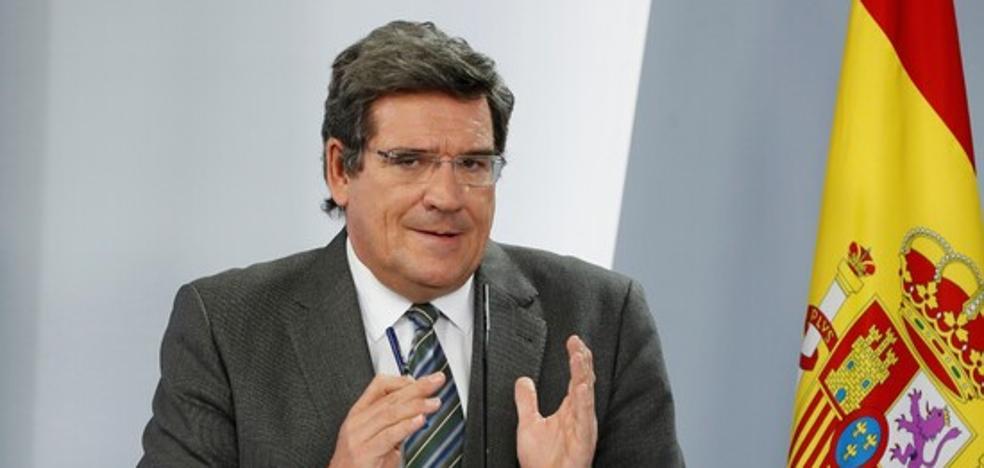The domestic semiconductor industry is doing well, but still needs billions for further growth. Strengthening the industry was the focus of today’s “microchip summit” at the Federal Chancellery, to which Karl Nehammer (ÖVP) invited industry representatives such as Infineon boss Sabine Herlitschka and AT&S boss Andreas Gerstenmayer. “Microchips in Austria must become a household name like the Lipizzaner and Mozartkugeln,” said the chancellor.
“Microchips are also the engines of transformation,” Nehammer emphasized on Thursday in the press conference after the meeting with a view to digitization and the energy transition. “Climate protection is not possible without digitization, semiconductors are essential for many climate protection technologies. Whether wind energy, photovoltaic energy, e-cars or energy networks – there are chips everywhere,” affirmed Climate Protection Minister Leonore Gewessler (Greens). “Chips enable us to move towards a climate-friendly future.”
The industry was funded with hundreds of millions
Over the past 15 years, the Ministry of Climate Protection has already invested more than 530 million euros in funding. “We have invested and want to continue to do so – the next step is the European Chip Act, the implementation of the European Chip Act.” Now the so-called first pillar is being implemented – a work program for research and innovation funding with a total volume of 3.3 billion euros in the period from 2023 to 2027. The amount is awarded in open competition. This way the best projects get a chance.
“Microchips keep our world alive and, above all, running,” the Chancellor emphasized the central importance of microelectronics for Austrian settlement and industrial policy. This is already anchored in the national programme. The semiconductor industry, which currently creates some 72,000 jobs, plans to invest nearly 7 billion euros in Austria by 2030, according to a potential study by the Industrial Science Institute (iwi). This should create 26,500 additional jobs and nearly 10,000 additional jobs during ongoing operations.
It was agreed at the summit that this requires good preconditions and reinforcement of technology, innovation and implementation capacity. Herlitschka highlighted the “combination of high energy costs, inflation and skills shortages” as challenges.
“Last year we produced about 9 billion chips in Austria. In doing so, we have contributed to saving 7 million tons of CO2 – that is equivalent to half of Austria’s annual car emissions,” explains the manager, who is also vice-president of the Federation of Industry and vice-president of the Association of the Electrical and Electronics Industry (FEEI) is the industry’s interest in climate protection.
focus in the next budget
According to the Federal Chancellery, semiconductors will be a priority in the next budget. Targeted research and business promotion are planned for the industry in the context of the European Chips Act. “As part of the budget negotiations, we will put together a package and present it in the autumn,” Nehammer announced. Non-monetary measures that improve framework conditions will also become part of the “semiconductor package”. Another field of action is to increase resilience along the supply and value chains.
“The chip industry is an important engine of the economy and creates jobs,” said Minister of Economic Affairs Martin Kocher (ÖVP). “We are a leading location in the world when it comes to the production of semiconductors and microchips.” Today’s summit is the “going gun for the implementation of the European Chip Act. “The federal government is making a clear commitment to strengthen the industry,” said the minister. Austria’s potential was explored during the meeting.
Financing race for chip manufacturers
Time is running out. In a global comparison, Europe lags far behind other regions of the world, such as Asia. With the European Chip Act, the European Commission wants to increase Europe’s share of the international semiconductor market from 10 to 20 percent in 2030. A total of 43 billion euros has been earmarked for the expansion of the semiconductor industry throughout Europe. Most of this must be financed nationally, in other words in the individual Member States. “That’s why it’s so important for Austria to get going here too,” Herlitschka noted.
The Austrian Ministry of Economics is kicking off the national funding process, which accompanies investment in the industry, by initiating an expression of interest. Companies must express their interest in promoting their investment in Austria online. “AWS launched a website today,” Kocher announced. “Then the process of preparing the budget begins.” At the same time, an expert group with representatives from the Ministry of Economic Affairs and the Ministry of the Environment, the financiers FFG and aws and the Association for the Electrical Engineering and Electronic Industry will be set up as an advisory body that will structurally integrate the industry’s expertise into the process. integrate. “We remain in close contact with the industry and continue to exchange ideas at the top level,” said the Minister of Economic Affairs.
Source: Krone
I’m Ben Stock, a journalist and author at Today Times Live. I specialize in economic news and have been working in the news industry for over five years. My experience spans from local journalism to international business reporting. In my career I’ve had the opportunity to interview some of the world’s leading economists and financial experts, giving me an insight into global trends that is unique among journalists.



